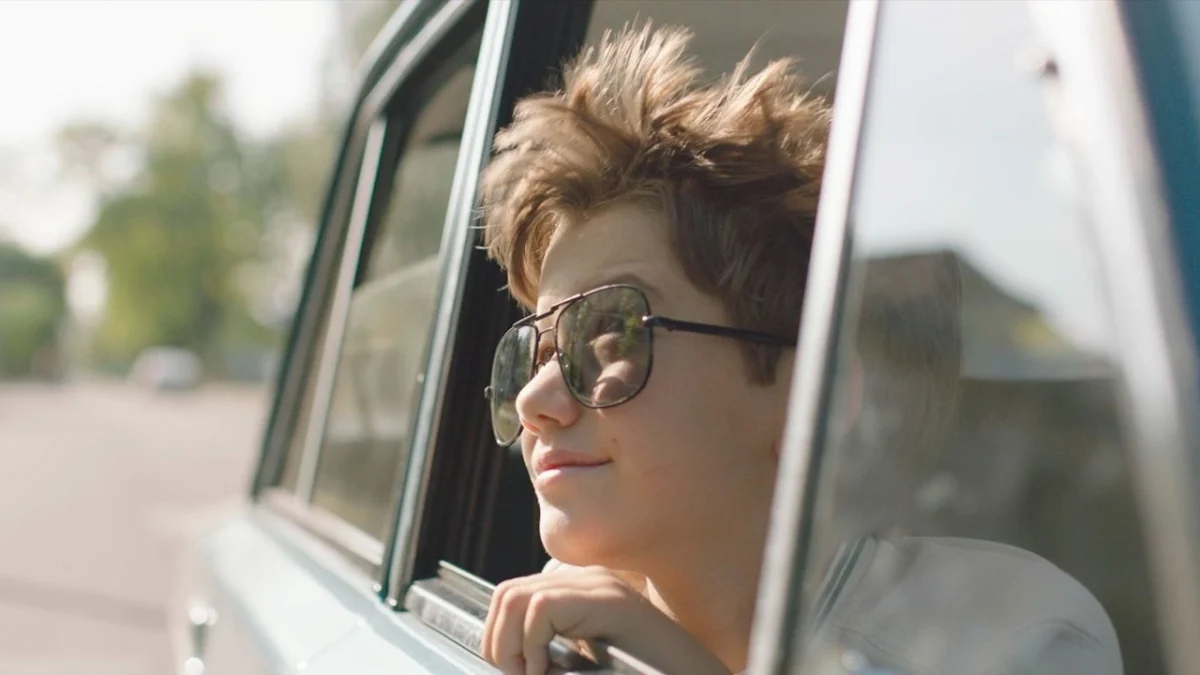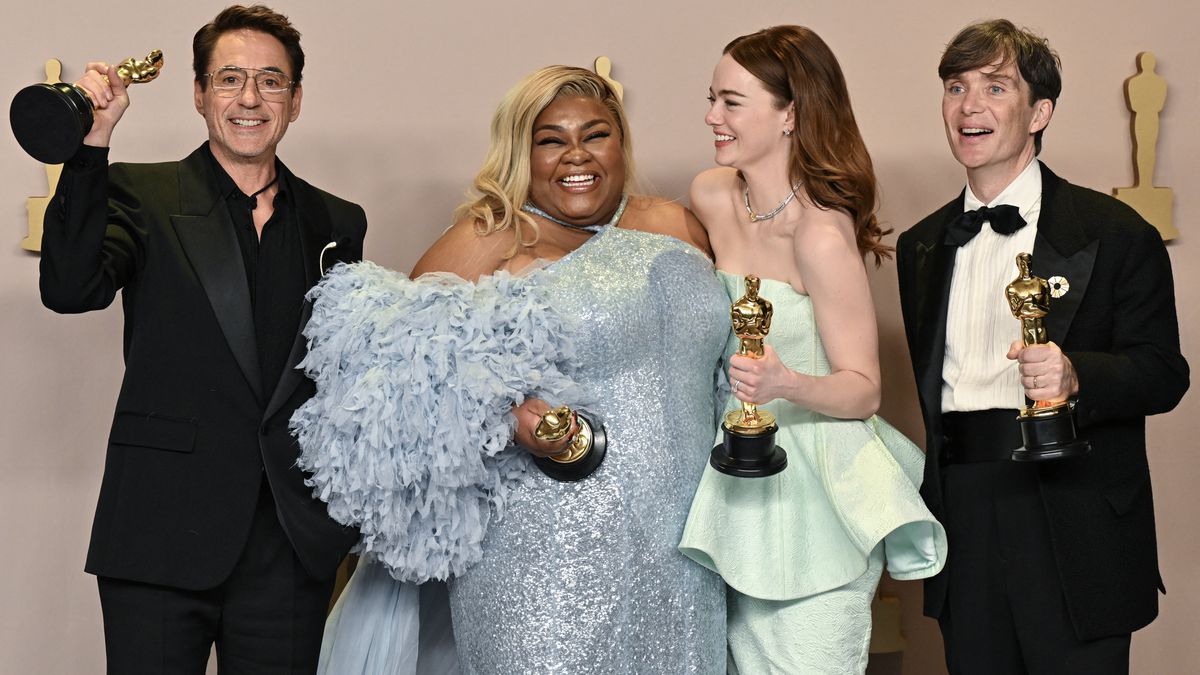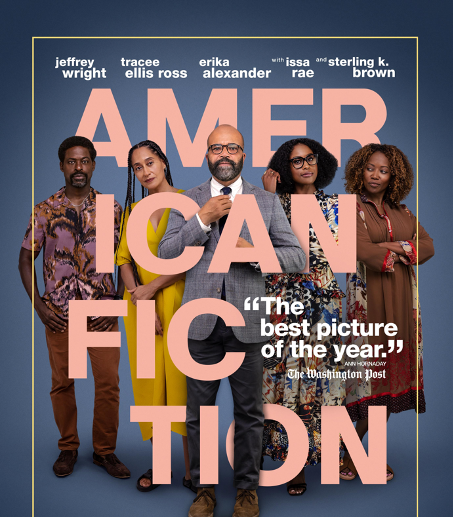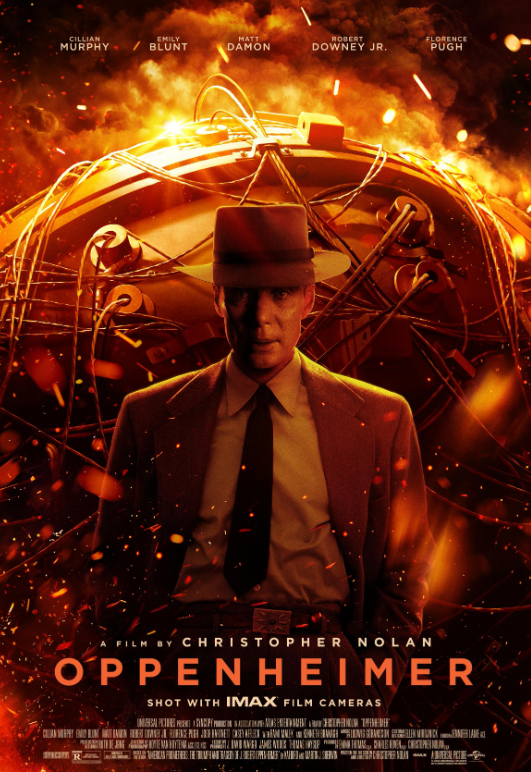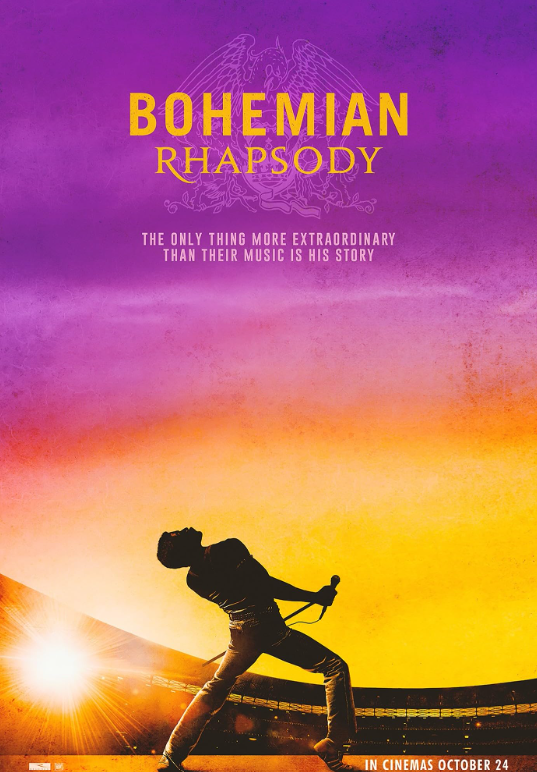Ang Lee’s most recent project, “Taking Woodstock,” explicitly caters to a certain market, yet its draw is relatively comprehensive. It is based on Elliot Tiber’s memoir and set during what is arguably one of American culture’s most defining eras – the late 1960s during the Vietnam War.
The film offers an adoring look at the exploratory, grudging merge of diverse cultural ideas: the widespread use of drugs, flower-power culture and open radicalism, so to speak. It illustrates the true story of how the Woodstock Music Festival came to take place on Yasgur’s farm in upstate New York, how the festival affected the people involved and the manner in which the hippie spirit brought acceptance to a largely Jewish, conservative region of the country.
The movie itself, though lighthearted, compelling and nostalgic, can be seen as hit-or-miss. Ang Lee, who previously directed “Brokeback Mountain,” made a true star of the late Heath Ledger while also inducing all sorts of appraisal, as well as positive feedback on the subject of complex romantic relationships between two people of the same sex. Lee has since been applauded for devising endearing projects that appeal to our most intimate emotions – ones that are sensitive, plausible and may as well be about our own parents, friends and communities. “Taking Woodstock” is based firmly on reality, though the film is not about one character’s journey. It is a coming-of-age story about America.
Filmmakers have chosen to address this particular era of American history many a time, and “Taking Woodstock”, ineptly, does not offer any new angle to the subject matter. Elliot Teichberg, played by Demetri Martin, veritably stumbles through the film; though he sets up the deal with Woodstock’s promoters, he does it only to keep his parents’ rundown El Monaco Motel from foreclosure.
Like the character Forrest Gump, Teichberg accidentally finds himself in a remarkable situation. Imelda Staunton plays Elliot’s mother Sonia, a grouchy, incapable woman whose greed and grudges makes her exasperating. Staunton is undoubtedly a tremendous actress, but her role, like Martin’s, leaves little room for development.
Notable screen time went to Liev Schreiber, playing a cross-dresser with a pistol who performs security detail at the El Monaco, and Emile Hirsch’s Billy, a freaked-out, war-scarred Vietnam vet whose flashbacks provide surprising comic relief.
The plot drags in the beginning of the film, but succeeds in making the viewer feel the way the characters must. Lee’s proclivity for split-screen cinematography is quite resourceful in this film. Such cinematography was a technique common in film and TV in the 1960s and 70s.
Overlapping action and audio convey a sense of chaos – so much happened at once during the planning and execution of Woodstock, and the film plays with that idea. Lee is unquestionably an instinctual, visually motivated director, and the differences in color saturation from the beginning of the film to the end, conjure “The Wizard of Oz.” When Treichberg finds himself taking acid in a van with two traveling hippies, the colors and patterns take over the screen offering the audience a look into a drug trip like none other. When Sonia and her husband Jake eat hash brownies, they dance in the rain with Elliot – a sweet scene in which age and cultural boundaries fall by the wayside.
Though the movie is a naïve story about a lot of people gathering in one place, it is a smart, somewhat charming tale with exemplary timing that goes beyond the 40th anniversary of the Woodstock Music Festival. In the present economic climate, with the wars in Iraq and Afghanistan troubling the collective American psyche, and with the first African-American president in office, the parallels between 1969 and 2009 are hard to miss.
Near the end of the film, Woodstock promoter Michael Lang, played by Jonathon Groff, approaches Elliot on a horse. As the two watch festival attendees clean up their trash and wade through the mud, Elliot asks, “What now?” Lang, a mysterious hippie type, replies, “Well, everybody’s gotta chase the money now.” Though this actually refers to the aftermath of the festival, it seems to be the film’s true message: Maybe Americans should take a deep breath and look around once in a while. The idea seems to be that, well, maybe we will realize things can, in fact, be, as Lang says, “beautiful, man, beautiful.”


